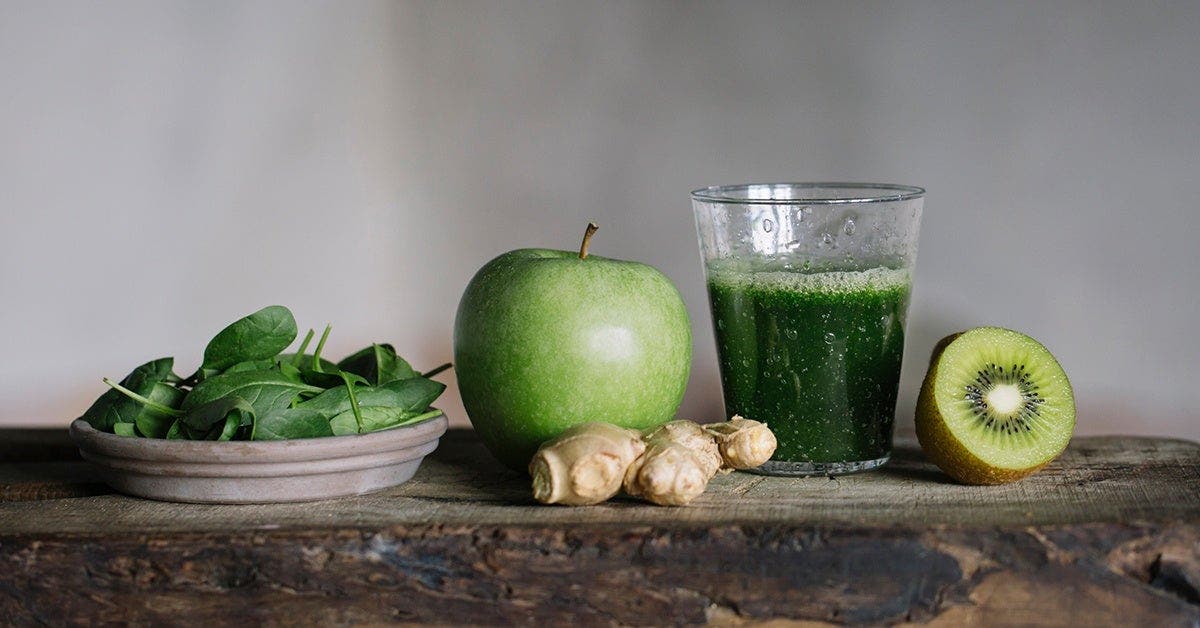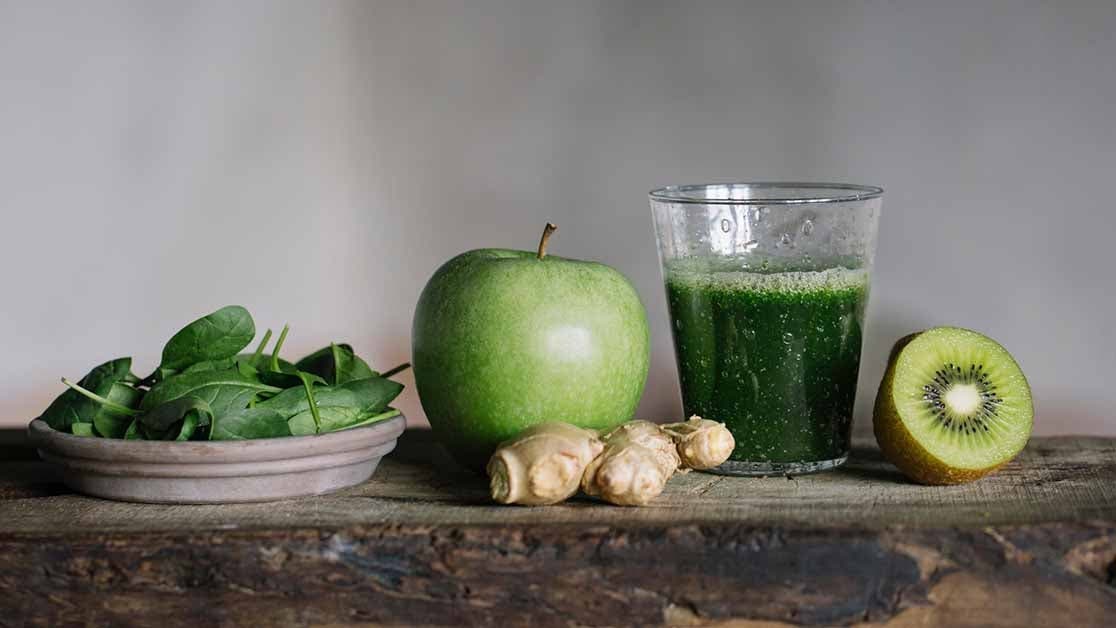Should you try a juice cleanse? Everything you need to know about juice diets


Whether you’re hoping to lose weight, feel more energized, or “reset” your system, juice cleanses and juice-based detox diets promise impressive results, fast.
A quick Internet search will point you toward a dizzying array of commercial and DIY juice cleanse approaches. Some instruct you to chug specific blends of fruit and veggie juices for a few days. Some call for adding spices and other soluble ingredients to enhance results. The well-known Master Cleanse regimen omits all solid food for more than a week, mostly in favor of water mixed with a distinctive combo of lemon juice, cayenne pepper, and maple syrup.
But are juice cleanses effective—or even safe? With little credible research on juice diets, we turned to WeightWatchers®’s science team and an independent nutrition expert for help in cutting through the hype, deciphering the claims, and understanding when caution may be warranted.
Before you decide to forgo chewing, get the lowdown on juice cleanses.
What is a juice cleanse?
Juice cleanses vary in their nuances and selling points, but most have a common thread: Replace one meal or all meals for a certain period of time with juice. Some plans instruct you to make your own juices from various fruits and veggies, while others ship bottled blends to your door. Depending on the plan, you could be skipping solid food for upwards of a week—three to 10 days is the most common timeframe.
Benefits of a juice cleanse: fact or fiction?
Despite promises of easy weight loss and renewed health from proponents of juice diets, such claims have scant basis. “There is little to no clinical evidence that juice cleanses—or any detox diet, for that matter—actually benefit the body,” explains Alicia Romano, MS, RD, LDN, a clinical registered dietitian at the Frances Stern Nutrition Center at Tufts Medical Center.
Some defenders of juice cleanses point to a 2017 study, published in Scientific Reports, suggesting that a three-day all-juice diet could facilitate weight loss by altering the balance of healthy bacteria in the gut. But the study only looked at 20 people, and researchers did not follow up on volunteers’ wellbeing or weight-loss results beyond a two-week window. More research is needed to validate the findings and draw meaningful conclusions about the relationship between juice, gut health, and weight loss, Romano says.
Beyond cleanses, researchers are still working to fully understand how juice in general—particularly fruit juice—may affect health. So far, studies have yielded mixed findings. For instance, one short-term placebo-controlled study, published in The American Journal of Clinical Nutrition, found that subjects who sipped the juice of red oranges every day saw markers of inflammation go down. On the other hand, a 2013 analysis of three long-term studies involving more than 187,000 people found that drinking more fruit juice was associated with a higher risk of developing type 2 diabetes. A 2019 research review in the journal Nutrients was unable to determine whether juices are any better than soft drinks, with researchers concluding, “More randomized controlled trials comparing the metabolic effects of fruit juice and sugar-sweetened beverage consumption are needed to shape accurate public health guidelines[.]”
And yet, health claims about juice cleanses continue to proliferate. Here’s a closer look at the facts.
Claim 1: Eliminates toxins
Purveyors of juice cleanses often imply that their programs can flush the body of metabolic waste, foreign pollutants, and chemicals (such as plastic phthalates or BPA). But a 2014 review of eight commercial “detox” diets—including juice-based programs—published in the Journal of Human Nutrition and Dietetics found no evidence that such diets deliver on that front.
It’s important to note that humans are built with ways to manage waste. “As long as you have a functioning gut, liver, and kidneys, your body is ridding itself of anything that can’t be used or stored every minute of every day,” explains Jaclyn London, MS, RD, CDN, head of nutrition and wellness at WW. Medical intervention—not a juice cleanse—would be needed otherwise. Juices have not been shown to improve the body’s natural processes.
Claim 2: Boosts energy
Juice cleanses may promise to leave you feeling more awake, mentally clear, and focused—all without caffeine or added sugar. Despite this promise of a natural pick-me-up, however, good-quality studies are lacking, London says. She notes that some people on juice cleanses may feel an energy boost due to improved hydration—research has linked mild dehydration with feelings of fatigue. But all-liquid diet isn’t needed to slake your thirst. Her advice: Check that you’re drinking enough water for your age and lifestyle, and aim to eat a diet that includes lots of whole fruits and veggies. Such water-rich foods are an important part of total fluid intake.
Claim 3: Improves digestion
Some proponents claim that juice cleanses give the digestive system a “break” that allows everything to reset and start fresh—kind of like rebooting a computer. After all, juice diets are generally very low in protein, which requires relatively high amounts of energy to digest, and low in fat, a macronutrient often linked to indigestion. But London says there’s no evidence that juice diets can provide lasting relief for digestive ailments.
In fact, London says, many juice cleanses deprive the body of a key nutrient needed for healthy digestion: fiber. During the standard juicing process, the edible pulp of fruits and veggies gets discarded—and with it, most of the roughage that promotes regularity. For this reason (and others!), you might want to just enjoy those foods whole, London says.
Claim 4: Helps your GI tract
Earlier, we talked about a small study suggesting that short-term juice cleanses may positively affect the balance of certain healthy bacteria in the gut. London stresses that this is insufficient for supporting blanket claims that juice fasts are good for gut health. Trillions of bacteria play a role in digestion, immune function, and other aspects of health, she explains, and that balance is in constant flux.
Instead of trying to target certain bacteria with an iffy juice diet, London advises focusing on eating foods that support your gut’s overall microbiome. Probiotics—the healthy bacteria found in foods such as fermented veggies and yogurt—directly amp up levels of good microbes in the gut, while prebiotics—plant fibers found in foods such as asparagus and garlic—help feed the beneficial bacteria already in your system.
Juice cleanses and weight loss
Many juice cleanses promise fast, low-effort weight loss. But dropping pounds isn’t guaranteed—and any change on the scale may just be a temporary effect of shedding water weight, London says.
“Our bodies store carbohydrates as fat or as glycogen within our muscle tissue, which also stores fluid,” she says. “If you’re majorly restricting calories by drinking only juice, your body will begin to tap into those glycogen stores to break down and use in the form of glucose, releasing water weight through diuresis.” In other words, you’d be peeing a lot more.
That said, even losing water weight isn’t a sure bet, London says. The point at which this process begins depends on how much nutrition you’re getting from the juice itself, as well as your individual metabolism.
Major calorie restriction is another reason some people lose weight while following a juice fast, Romano says. While calorie counts differ from diet to diet, one popular brand directs customers to drink six juice servings over the course of a day for a total of just 1,100 calories—far fewer than the 1,600 to 2,400 calories most adult women need per day to function properly. Meanwhile, most adult men need 2,000 to 3,000 calories.
Those who lose weight on a juice cleanse shouldn’t expect to keep it off. “Any weight loss is likely due to calorie restriction and loss of water weight—and will likely be regained after normal eating resumes,” Romano says, echoing a 2017 review published in Current Gastroenterology Reports.
As with most quick-fix weight loss approaches that demand extreme and sudden lifestyle changes, juice fasting generally isn’t sustainable. Science-backed weight loss strategies are a good place to start if you’re looking to build healthier habits for life.
Potential risks of a juice cleanse
As with the potential benefits of juice diets, research on long-term potential health risks is limited. The more immediate downsides of skipping solid food are better understood, WW’s experts say.
“Due to the very low calorie content, potentially very low carbohydrate content, and lack of essential protein, minerals, and fiber, a juice cleanse may result in lightheadedness, low blood sugars, frequent trips to the bathroom, and an overall lack of appropriate nutrition,” Romano says.
Raging hunger is another strong possibility. Research shows that liquids don’t promote the same feeling of fullness as solid foods do. (That’s why ZeroPoint fruits and vegetables have SmartPoint values when pureed in smoothies.) What’s more, fiber is key to feeling full after a meal, and as mentioned, the juicing process generally eliminates most fiber.
The longer a juice fast lasts, the more pronounced these effects may become, Romano says: “In a longer, 10-day window, we start to become more concerned with inadequate nutrition intake.”
Is there a safe way to do a juice cleanse?
Given the general lack of research on juice-based diets, it’s impossible to determine at this time whether liquid cleanses are truly safe for anyone, London says.
People taking certain medications should know that some juices can interact negatively with common drugs. Grapefruit juice, for example, can interfere with medications widely prescribed to treat high blood pressure, heart arrhythmias, anxiety, and high cholesterol. Additional studies are investigating possible drug interactions with orange juice, apple juice, and others. If you’re taking a medication, check with your doctor before trying a new juice or increasing the amount of juice you drink.
Contamination is another potential concern, Romano says. Unpasteurized juices—often marketed as “raw” by trendy purveyors—may pose risks to people who are pregnant or immunocompromised because the juices have not been heat-treated to kill potentially harmful bacteria. The same caveat applies to juices made at home. Before squeezing your own juice, brush up on these safe food-handling guidelines from the U.S. Food & Drug Administration.
The bottom line: Should you try a juice cleanse?
There’s no strong evidence that a juice cleanse can improve your health or support long-term weight management. While drinking juice can be part of a healthy pattern of eating—nothing wrong with enjoying a glass of OJ with breakfast!—juice is not a miracle healing agent. Juice diets make big promises about how they can transform your health in a short period of time, but such claims are little more than marketing ploys. Prioritizing real, wholesome foods is one key to building healthier habits that will far outlast any buzzy “wellness” trend.
--
Nicole Saporita is a senior content manager for consumer wellness at WW. A writer, editor, and content strategist based in New York, she specializes in health & wellness, lifestyle, consumer products, and more. Her work has appeared in Good Housekeeping, Prevention, and REDBOOK magazines.
